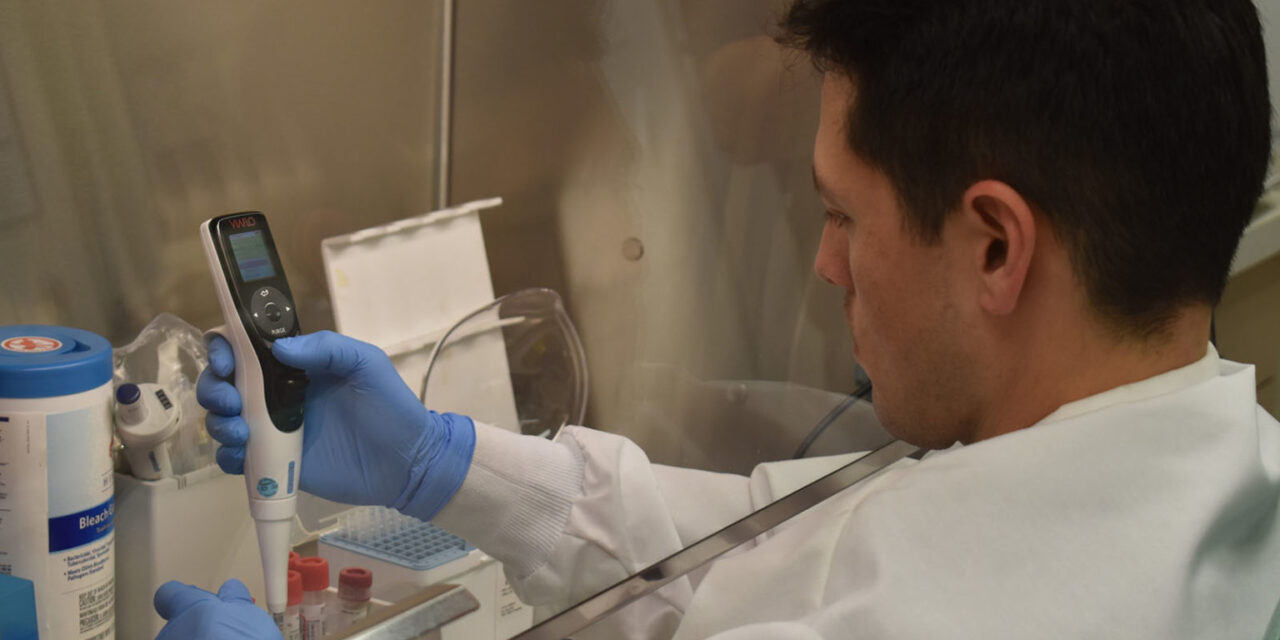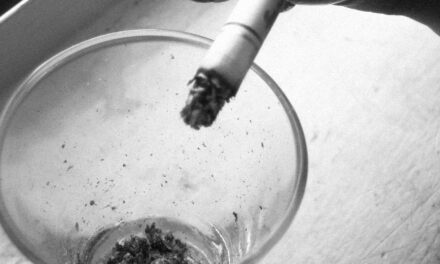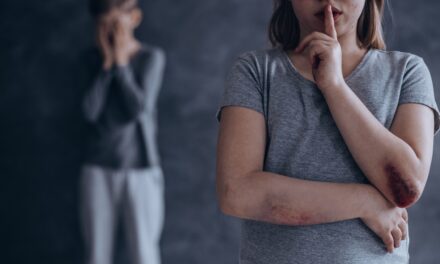
SAN DIEGO–The County Public Health Laboratory is now able to test for the novel coronavirus, the cause of the respiratory disease COVID-19, the Health and Human Services Agency said Friday.
Having that capability means that the health agency will no longer have to send all specimens to the Centers for Disease Control and Prevention, substantially reducing the time it takes for results.
The County Public Health Laboratory is now able to test for the novel coronavirus, the cause of the respiratory disease COVID-19, the Health and Human Services Agency announced today.
Having that capability means that HHSA will no longer have to send all specimens to the Centers for Disease Control and Prevention, substantially reducing the time it takes for results.
The County Public Health Lab now has the capability to do up to 40 tests in one run. The lab is one of dozens across the nation certified by the CDC to test for the new coronavirus.
“The number of specimens we’ve been getting for testing is currently low, but we expect the need to increase,” said Brett Austin, director of HHSA’s Public Health Lab. “We are ready to increase capacity as required.”
CDC currently recommends testing patients with symptoms — fever, cough or difficulty breathing — after returning from China or other areas with community transmission of coronavirus disease or who have had known contact with a confirmed COVID-19 case.
The risk of COVID-19 is still very low, especially if you have not travelled to an area where the virus has been detected or had close contact with a patient who tested positive for this new coronavirus.
“We want to assure the public that we are prepared and are conducting surveillance just like we do for any communicable disease,” Wooten said.
It’s important for the public to be prepared should a local COVID-19 outbreak occur. To limit the spread of infection, you should:
- Wash your hands often to help protect you from germs.
- Avoid touching your eyes, nose or mouth.
- Avoid close contact with people who are sick.
- If you are sick, stay home and keep your distance from others to protect them from getting sick too.
- Cover your mouth and nose with a tissue when coughing or sneezing, then was your hands.
Practice other good health habits. Get plenty of sleep, be physically active, manage your stress, drink plenty of fluids and eat nutritious food.




